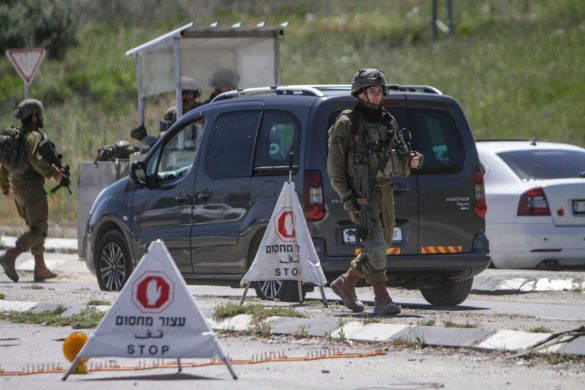FN i alarm efter at ultra-konservative islamister har smadret religiøse mindesmærker og kulturudtryk i Libyen – opfordrer til omgående indskriden mod vandalisme fra myndighederne.
PARIS, 28 August 2012 – Noting that “destroying places of religious and cultural significance cannot be tolerated,” the head of the United Nations agency tasked with safeguarding the world’s cultural heritage Tuesday spoke out against the destruction of various Sufi religious sites in Libya, and called on the perpetrators (gerningsmænd) to cease immediately.
According to media reports, ultra-conservative Islamists damaged major Sufi shrines and libraries in the north-western town of Zliten, the city of Misrata, and the capital, Tripoli, over recent days, reportedly with the acquiescence (samtykken) of members of the security forces.
The affected sites are the Islamic Centre of Sheikh Abdussalam Al-Asmar in Zliten, the Shrine of Sidi Ahmed Zaroug in Misrata, and the Mosque of Sidi Sha’ab in Tripoli. The sites are revered by Sufis, a branch of Islam known for its moderation but considered heretical by some branches of the Islamic faith.
“I am deeply concerned about these brutal attacks on places of cultu-ral and religious significance. Such acts must be halted, if Libyan society is to complete its transition to democracy,” the Director-General of the UN Educa-tional, Scientific and Cultural Organization (UNESCO), Irina Bokova, said.
“For this, we need dialogue and mutual respect. Libya’s future prospects depend on its inhabitants’ ability to build a participatory democracy that respects the rights and the heritage of all its citizens, she stated.
Ms. Bokova also urged the Libyan authorities and society at large to exercise their responsibility in protecting cultural heritage and sites of religious significance for future generations.
In addition, she welcomed the Libyan government’s condemnation of the destruction, and indicated that UNESCO stands ready to provide assistance to protect and rehabilitate them.
Libya has been undergoing a democratic transition over the past year. In July, it held its first free elections in decades, in the wake of the toppling of the regime of Muammar al-Qadhafi.
The former leader ruled the North African country for more than 40 years until a pro-democracy uprising last year – similar to the protests in other countries in the Middle East and North Africa – led to civil war and the end of his regime.
Some 2,7 million Libyans took part in the polls to vote for members of the new National Congress. The election was conducted in a largely peaceful manner, receiving praise from international observers and the Security Council.
Kilde: FNs Nyhedstjeneste














